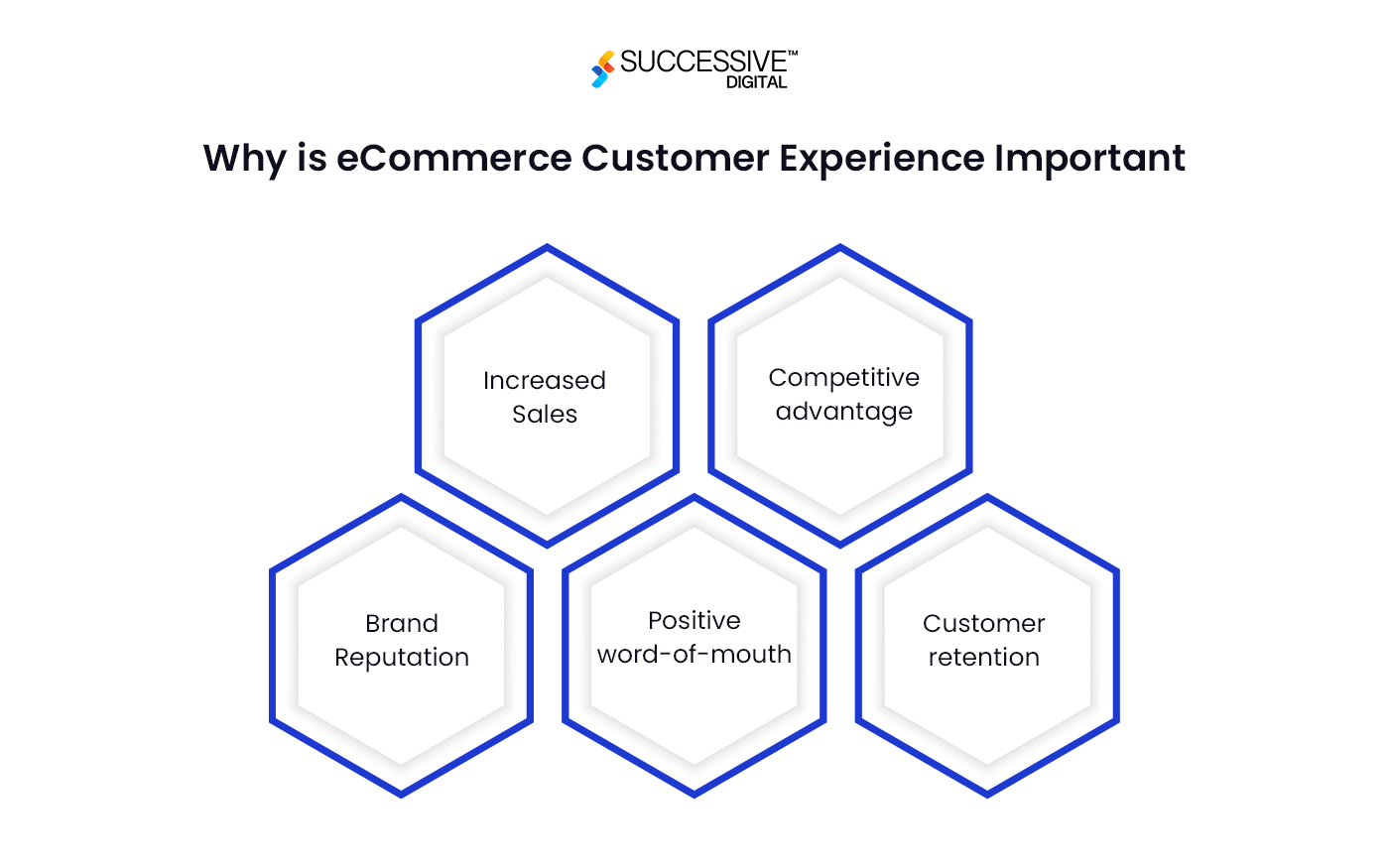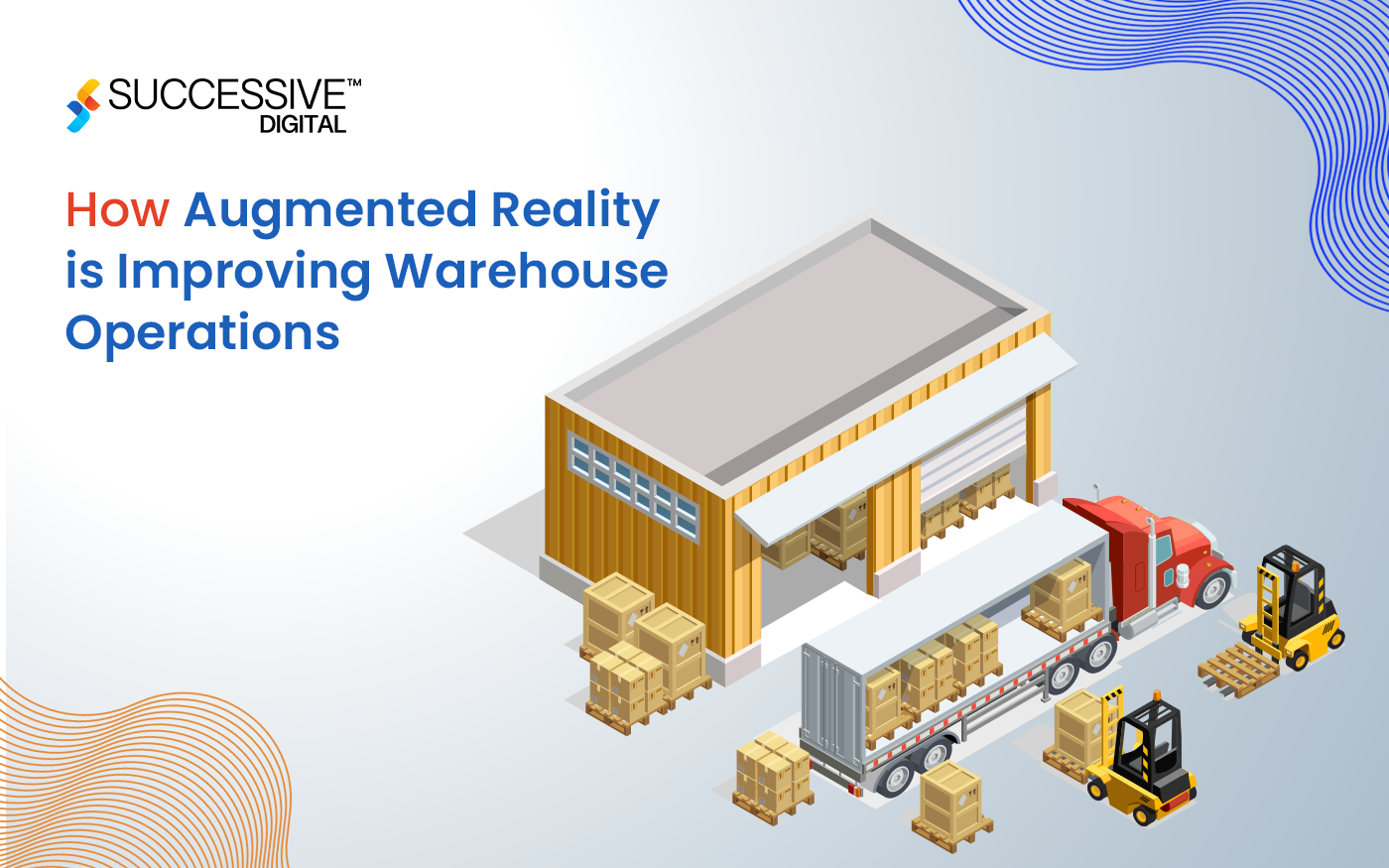In an ever-evolving retail environment where consumers wield unprecedented power and digital connectivity defines shopping behavior, incredible customer experiences (CX) have never been more crucial. The genesis of this shift is based on the understanding that successful cart fulfillment is the focal point of customer experience (CX) in the retail commerce space. Today’s consumers demand more than just products; they crave personal contact, easy communication, and enhanced engagement at every stage of their retail experience journey. From the first moment of discovery to the final purchase choice, all interactions shape perceptions and impact brand loyalty.
Digital transformation emerges as a core element in this paradigm shift, allowing retailers to gear up with technology and elevate customer experiences to new heights. Harnessing modern technologies and leveraging omnichannel strategy, retailers can craft bespoke eCommerce platform features that resonate with the behavioral preferences of their target market.
In this blog, we delve into the multidimensional landscape of elevating retail experience, examining real-world examples and providing insights into how large enterprises can leverage digital transformation to achieve a meaningful and competitive retail commerce experience for their users.
Understanding the Importance of Retail Customer Experience in Online Commerce

Customer satisfaction (CX) has become a battleground in today’s chaotic and crowded marketplace where retailers try to differentiate themselves. The research highlights that consumers are most effective at investing heavily for the intense happiness they get from brands. In a disconnected retail environment, where revenue is as thin as ever, the effectiveness of the CX strategy can mean the difference between success and failure.
At its core, CX in retail commerce overlays every customer interaction, online and offline, with a brand. Everything customers add, from searching for merchandise on the website to interacting with customer care executives, shapes consumer beliefs about the brand and influences their purchasing decisions. Hence, retailers strive to create seamless experiences personalized to customers’ preferences.
Reimagining Retail: Embracing Digital Transformation
Data-driven decision-making: By leveraging the best of analytics and AI technology, retail stores can make record-breaking product choices that optimize operations, stock control, and better customer experience.
Supply Chain Optimization: Digital transformation streamlines chain operations, providing stock visibility, demand forecasting, and logistics management.
Expanded Markets: Modern eCommerce platforms and digital advertising channels enable retailers to reach international target audiences, breaking down geographical boundaries and expanding potential markets.
Multi Payment Options: The digital revolution has led to a continuous flow of payment solutions, including mobile wallets, contactless payments, and cryptocurrencies, which provide greater convenience and security to customers.
Empowerment of Small Businesses: Digital transformation empowers small businesses by offering e-business models, virtual advertising tools, and online pricing systems. This democratizes business, allowing small teams and large retailers to compete for advanced eCommerce platform games, reach target audiences, build them worldwide, and thrive in the digital economy.
Transforming Physical Stores: Digital technologies such as IoT sensors, RFID tags, and AI-powered analytics are reshaping physical stores into intelligent, interactive spaces that enable personalized learning and experimentation.
Rising Subscription Services: Digital transformation has led to the growth of predominantly subscription-based commercial services, where customers pay a flat fee to access services or products, offering sellers predictable revenue.
Emerging Voice Commerce: The emergence of voice commerce is revolutionizing shopping with voice-activated digital assistants, facilitating purchases through voice commands. Platforms like Amazon Alexa and Google Assistant revolutionize user experience, offering comfort and personalized engagements.
How Retailers Are Leveraging Digital Transformation
-
Personalized Recommendations
One of the most effective commerce CX is the ability to personalize product recommendations to customers. By analyzing shopping history, surfing behaviors, and demographics, retailers can use machine learning algorithms to identify which products are expected to be most relevant to each consumer.
For example, Amazon’s surfing history of customers who purchased an item in the last order cycle uses a sophisticated recommendation system to recommend products based on exceptionally high conversion rates, quotes, and customer satisfaction.
Don’t let outdated eCommerce systems hinder your business growth.
Download our AI in eCommerce whitepaper to understand the capabilities of this technology and how it can help you achieve business excellence.
- Augmented Reality (AR) and Virtual Tours
The growth retail eCommerce platforms incorporate a combination of augmented reality (AR) and virtual try-out technology to enhance the shopping experience. This enables consumers to visualize merchandise or search for clothes and consume resources in their communities, increasing their participation and strategic choices.
Sephora’s digital trial feature, for example, allows shoppers to see how specific beauty products will look on their faces before making a purchase. This progressive tool improves verification and further simplifies the procurement process to reduce friction and uncertainty.
-
Contactless Payment and Self-Checkout
Contactless billing and automatic checkout response have proven increasingly popular in retail experiences, with stores looking to increase safety and convenience for their customers during a COVID-19 pandemic in the background. By allowing customers to pay for their purchases without having to touch checkout terminals or interact with store associates physically, stores can provide checkout options that have been simplified and reduced waiting times.
For example, Walmart offers a digital self-checkout solution that allows customers to check products through their smartphones while shopping and completing transactions. This innovation eliminates the need to queue at traditional checkout counters.
Navigating Digital Transformation: Strategies for Large Enterprises
Invest in Data Analytics and Machine Learning
Data is the lifeblood of today’s retail commerce and CX, and large enterprises must invest in solid data analytics capabilities to generate actionable insights into consumer behavior and choices. Machine learning (ML) algorithms analyze large amounts of real-time data, looking for hidden insights and trends that can inform retailers about customer choices and inspire tailored retail experiences for prospective users.
Embrace Agile Development Strategies
Agility is paramount to sustaining aggressive growth in the rapidly evolving retail commerce industry. Large enterprises must adopt agile development strategies to generate and promote innovation and growth in many ways. This approach allows them to build products and capabilities to sell faster with greater productivity and efficiency. Through a tradition of experimentation and innovation, retailers can adapt to changes in consumer preferences and drive steady improvement in consumer experience space.
Prioritize Safety and Compliance
With the rise of digital transformation and eCommerce, large organizations should prioritize security and compliance. Brands must spend money on solid cybersecurity measures to protect sensitive customer data and adhere to GDPR, PCI, and DSS regulations. This commitment recognizes and promises to defend each business and its clients in the evolving digital panorama. By enforcing encryption, multi-factor authentication, and other proactive practices, companies can build credible customer authentication and preserve their continuity in the global marketplace.
Digital transformation is reshaping the retail landscape, focusing on delivering excellent customer experiences at every touch point. Modern technology and data-driven insights enable retailers to take advantage of the competition and drive customer loyalty in an increasingly dynamic online commerce space. For large companies investing in analytics, receiving rapid growth through personalization, embracing CX strategies, and prioritizing safety and compliance is the key to staying relevant and competitive.












